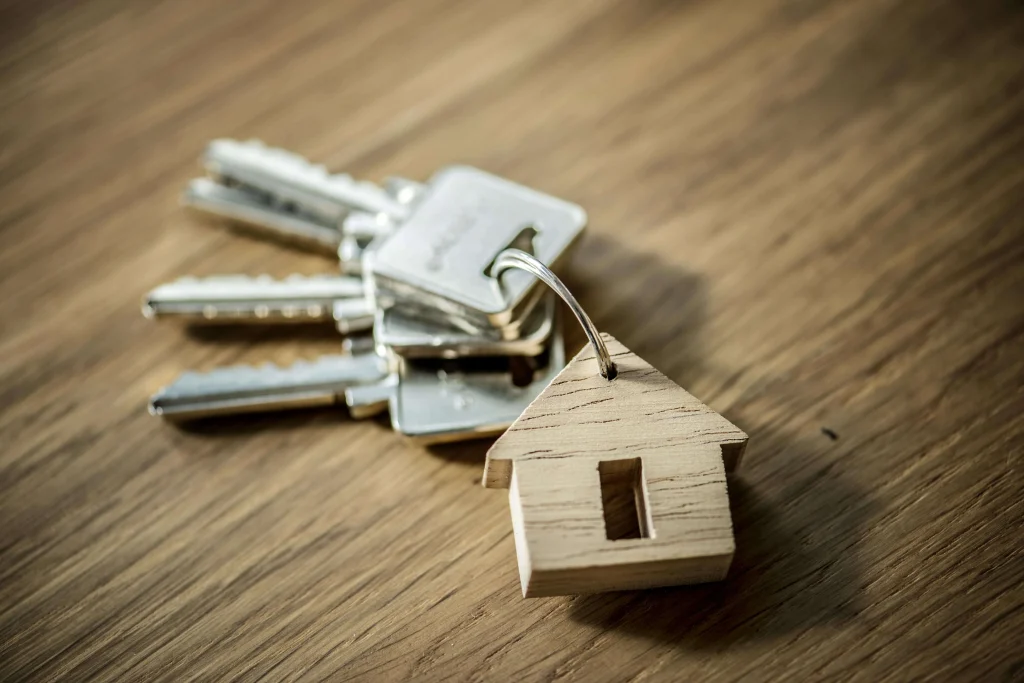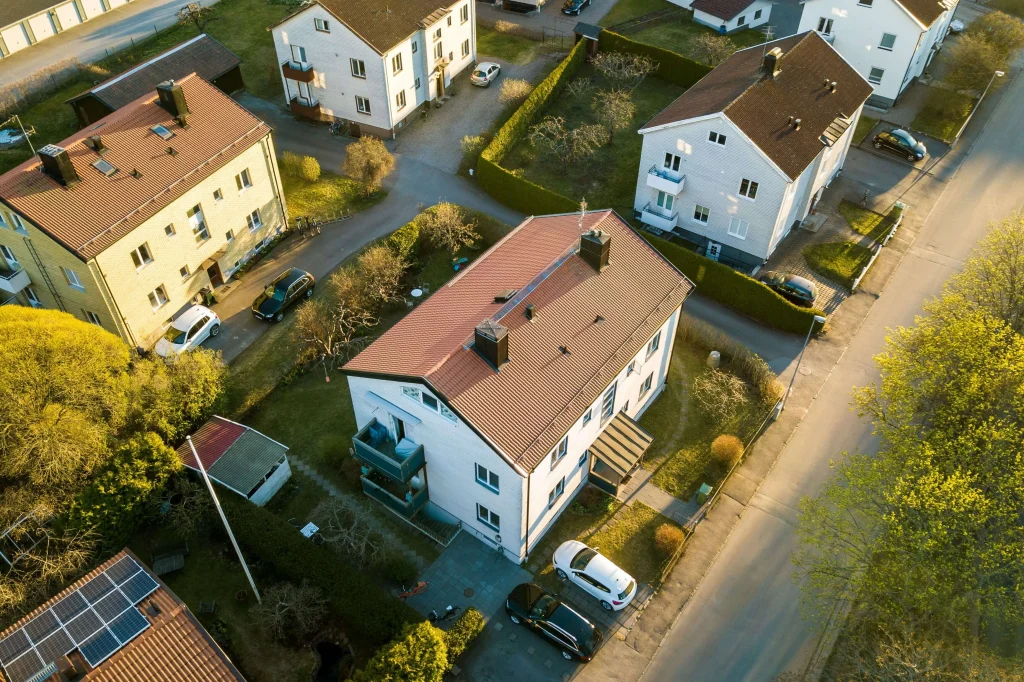Choosing a home is one of the biggest decisions that most people will make in their lives. It can be an exciting and rewarding process, but it can also be overwhelming and stressful. Whether you are a first-time homebuyer or a seasoned homeowner in the Philippine real estate industry, there are several factors to consider when choosing a home, whether it is an RFO condo unit or an RFO house and lot.
Factors When Choosing a Home

Location, Location, Location
One of the most important factors to consider when choosing a home is its location. The location of the house and lot of your home can impact your daily routine, commute, and access to amenities. Consider the proximity of the home to your workplace, schools, shopping centers, and public transportation. If you have children or plan to start a family, you may want to look for a home in a family-friendly neighborhood with good schools and parks.
Budget
Your budget will play a significant role in determining the type of home you can afford. Determine how much you can comfortably afford to spend on a home, including your down payment, mortgage payments, and ongoing expenses such as maintenance, utilities, and property taxes. Keep in mind that you may need to make some compromises based on your budget. It’s essential to strike a balance between affordability and the features you want in a home.
Home Size
The size of your home will depend on your lifestyle and needs. If you have a large family, you may need a bigger home with more bedrooms and living space. If you plan to work from home, you may need private space for a home office or a dedicated workspace. Consider your current and future needs when choosing the size of your home.
Home Style
The style of your home is another important factor to consider. Some people prefer traditional homes with classic architectural features, while others may prefer modern or contemporary homes. Consider the style of the home and whether it aligns with your taste and preferences as well.
Types of Real Estate Property
Real estate is a vast industry that encompasses various types of properties. From commercial to residential, from industrial to agricultural, there are an entire amount of different types of real estate properties that cater to different needs and requirements. Understanding the different types of properties in real estate can help you make informed decisions when it comes to buying pre-selling properties or investing in any real estate investment.

Commercial Properties
Commercial properties are properties that are used for commercial purposes. These include office buildings, retail stores, shopping malls, hotels, and restaurants. These properties are designed to generate income and provide services to customers.
Industrial Properties
Industrial properties are properties that are used for industrial purposes. These include factories, warehouses, and manufacturing plants. These properties are designed to accommodate heavy machinery and equipment and are typically located in industrial areas.
Agricultural Properties
Agricultural properties are properties that are used for agricultural purposes. These include farms, ranches, and orchards. These properties are used for growing crops and raising livestock.
Mixed-Use Properties
Mixed-use properties are properties that are a combination of residential units, commercial properties, and/or industrial properties. These properties are designed to serve multiple purposes and provide a variety of services.
Special Purpose Properties
Special purpose properties are properties that are designed fully constructed and ready for occupancy for a specific purpose or personal use. These include schools, hospitals, churches, and government buildings. These properties are designed to meet the unique needs of their users and are often owned by non-profit organizations or government entities.
Understanding the different types of properties in real estate can help you make informed decisions when it comes to buying or investing in real estate. It is important to consider your specific needs and requirements when choosing a property to invest in or rent to own in the pre-selling ones. Whether you are looking for a residential property to live in or a commercial property to generate income, there is a wide range of options and real estate developers available in the real estate investment market.
Residential Properties
Residential properties are properties that are used for living purposes. These can be further classified into single-family homes, multi-family homes, apartments, RFO condo units, townhouses, and vacation homes. Single-family homes are standalone houses that are designed for one family to live in, whereas multi-family homes are designed for multiple families. Apartments, condominiums, and townhouses are properties that share common walls and amenities.
Ready for Occupancy (RFO) Homes

Ready for occupancy unit (RFO units) homes are a popular option for homebuyers who are looking for a quick move-in option. These homes are already built and completed, which means that buyers can move in as soon as all the paperwork necessary paperwork and payments are processed. In the world of real estate, these occupancy condo units and homes are becoming increasingly popular, and for good reason.
One of the primary benefits of using RFO units and homes is that they allow buyers to save time and money. Unlike buying a lot and building a home from scratch, which can take months or even years to complete, most RFO units and homes are already built and ready to be occupied. This means that aspiring property owners can move in as soon as possible and start enjoying their new home right away. Unlike Pre-selling units or pre-selling condos, RFO properties can be yours right away.
Another advantage of purchasing RFO homes is that they often come with features and finishes that are already included in the purchase price with flexible payment terms. This means that buyers do not have to worry about additional costs associated with customization or upgrades. For example, some RFO homes may come with appliances, window treatments, and even landscaping already installed.
RFO homes are also ideal for buyers who are looking for a sense of community. Many RFO homes are part of larger communities that offer amenities such as parks, swimming pools, and community centers. This can be especially appealing for buyers who are looking for a neighborhood that is already established and has a strong sense of community.
Of course, there are the best advantages but also some potential downsides to buying an RFO home. For example, buyers may have less control over the layout and design of the home, as these are already predetermined. Additionally, RFO house and lot may be priced higher than comparable homes that are still in the planning stages of the construction phase, since they are already completed and move-in ready.
When considering an RFO home, it’s important for buyers to do their research and carefully consider their options. Buyers should work with a reputable real estate agent who can provide guidance and advice throughout the purchase process. It’s also important for buyers to carefully review the home’s features and finishes to ensure that they meet their needs and expectations.
All in all, RFO homes are a popular option in the world of real estate. They offer a quick move-in option, come with many features and finishes included in the price, and are often part of larger communities that offer a strong sense of community. However, buyers should carefully consider their options and work with a reputable real estate agent to ensure that they are making the best real house and lot estate investment decisions for their needs and budget.
Read more: Difference Between RFO, NRFO, and Lot Only Investment, Which is Better?


